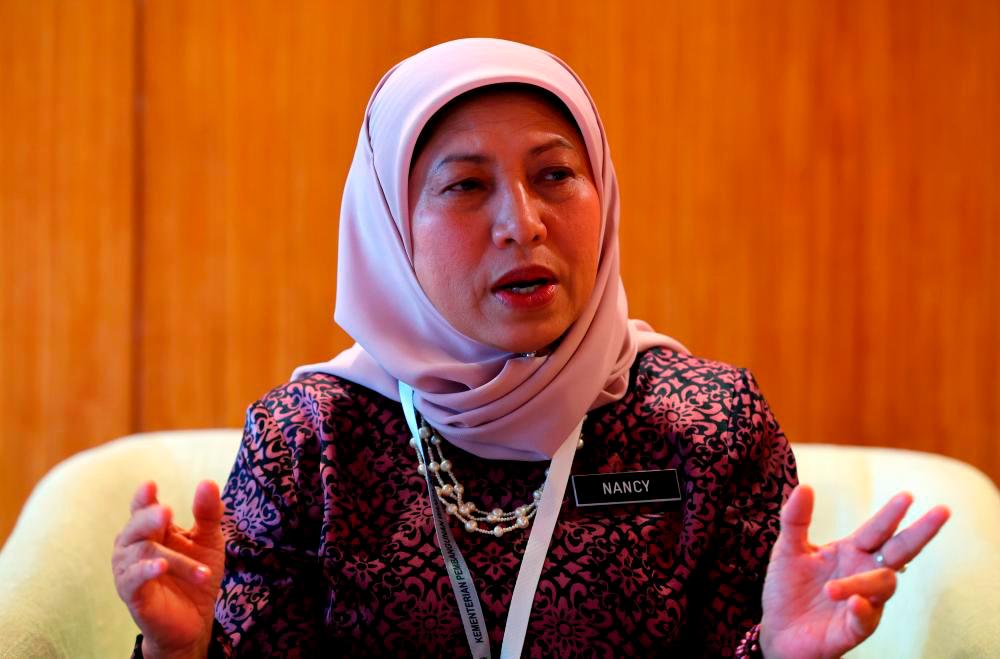MINISTER for Women, Family and Community Development Nancy Shukri recently said: “The population of Malaysia is currently nearly 34 million people, and therefore, it is important for us to increase the birth rate.”
She has urged young Malaysians to marry and have children. Nancy also emphasised that men should play their part in addressing this issue.
She encouraged men to take the matter seriously and cooperate with their partners in the effort to start families.
Marriage is not for everyone. It represents a commitment, surpassing dating and cohabitation. It is a personal choice and should be approached with sincerity and purity.
People usually marry out of love or strong personal motivation, and not to have children as if on a production line. Some are happy to stay single.
The minister also said in March that “a total of 509 baby dumping cases were reported between 2018 and February this year”. Given this, should our focus be on increasing the number of babies if some are likely to end up being abandoned?
Population growth also impacts climate change. More people leads to higher fuel consumption and greater food production, which in turn drives more deforestation as land is cleared for agriculture.
The reduction in tree numbers will diminish their capacity to counteract carbon emissions, leading to a rise in temperatures.
As the cost of living continues to rise, times are becoming increasingly difficult for many. Despite being a minority, Indians in the country represent the largest community in detention.
I asked an ex-detainee why he resorted to crime and he said: “I tried to get a job but could not find one. So, I was forced to commit a crime to cari makan”.
Moreover, with the growing presence of artificial intelligence on the horizon, more of our workforce may be rendered jobless, thus compounding the problem.
Our health services are already bursting at the seams. Recently a news headline read “Temerloh Hospital’s staff shortage pushes doctors to breaking point” as they struggle to attend to hundreds of patients waiting in line for hours. This scenario is typical across public hospitals in the country. Do we need to add more babies to the chaos?”
In the world of manufacturing, few innovations have been as transformative as the assembly line, a concept famously attributed to Ford and his automotive industry.
Applying this idea to producing babies on a factory line is robotic and neither appropriate nor desirable. The focus should be on quality, not quantity.









